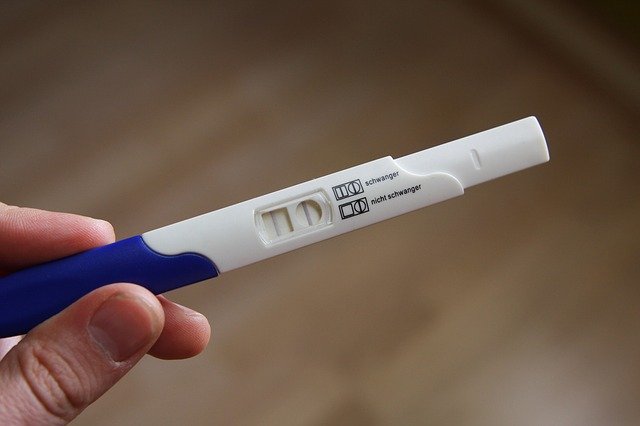University of Warwick researchers develop new ‘pregnancy style’ test for Covid-19
The University of Warwick is developing a new ‘rapid test’ for COVID-19 that functions similarly to pregnancy tests.
The test works in a similar fashion to pregnancy tests, whereby a sample is passed along the paper based test. The sample travels up the paper based test where there is a line of sugar based nano materials that bind to the virus, causing a colour change that indicates a positive result.
Researchers from the University of Warwick, together with the University of Manchester, have already proven the science behind the test in a recent paper, published on the 11 June.
The importance of this diagnostic tool is that it will not require someone with medical expertise to use it, or the use of a lab to determine the results. Results will be produced in under 30 minutes and the test can then be easily disposed of. Testing kits could be mass produced and be made widely available, not just to key workers.
Current testing methods involve a medical professional taking a swab from the back of a patients throat and sending it to a clinic or laboratory to be analysed. The process can take as long as several days to produce a result.
The University of Warwick has now partnered with Iceni Diagnostics, a firm that specializes in diagnostics for infectious diseases, to develop a test using the principles discussed in the paper. The University is currently looking for investment and donations to fund the research.
The project is being lead by Professor Matthew Gibson, who works for both Warwick Medical School and the Department of Chemistry.
He commented: “The rapid detection of the virus, for both healthcare and to enable society to return to normal is crucial. Our technology, developed through joint PhD student work with our industry partners, makes use of glycol-naonmaterials to detect a specific portion of the virus.”
The laboratories at the University were one of the few buildings that remained open during the strictest period of the lockdown to allow for continued research into COVID-19.
Mass testing has been one of the main policies advocated by scientists to help ease and contain the spread of the virus. By isolating those that have the virus quickly, local outbreaks could be kept small and not spread nationally.
If the development of the test is successful, it will aid the UK’s return to normality by making testing readily available, as well as helping the return of international travel.
The at-home test would also free thousands of medical professionals currently conducting tests, allowing them to return to work in other areas of medicine that have been stalled by COVID-19.

Comments